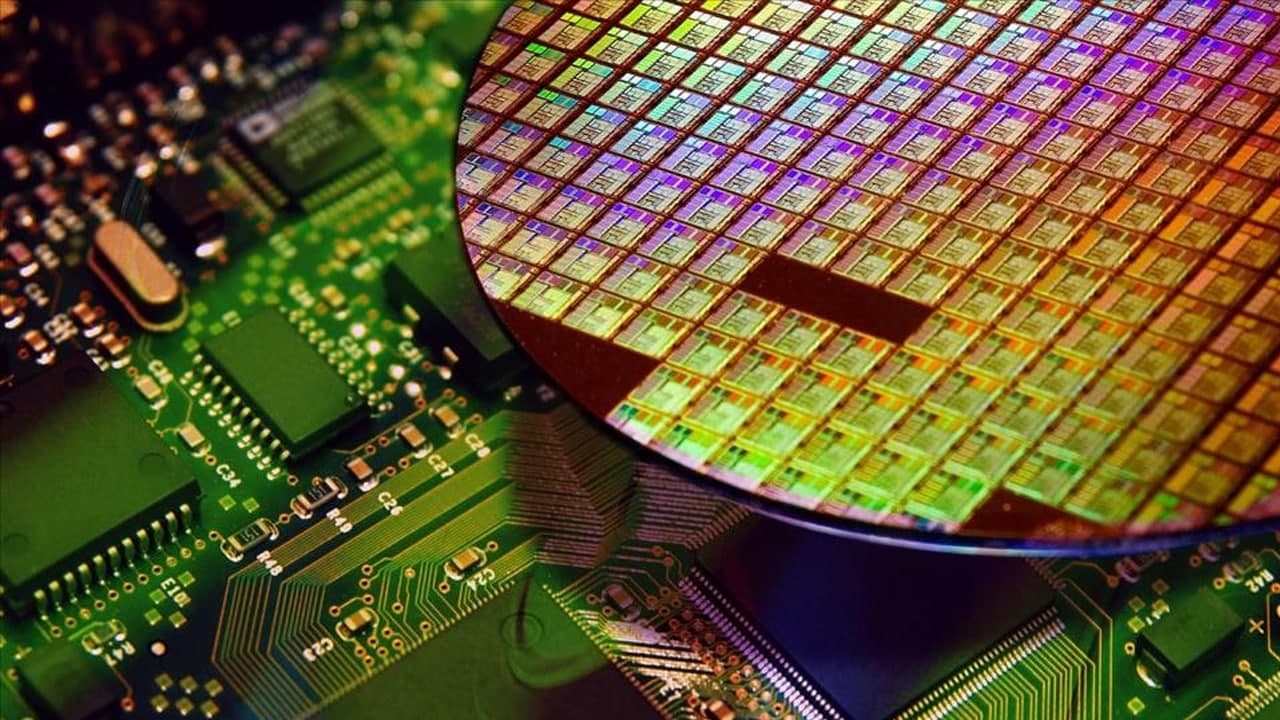In recent years, TSMC and Samsung have been catching up with each other in terms of process technology, which has made the technology field, especially mobile phone processors, taste a huge sweetness. In contrast, Intel is a little embarrassed.
According to the plan, 3nm will be put into mass production in 2022, but the latest report from Digitimes claims that TSMC’s 3nm has encountered some problems, which may cause a delay in its launch.
Coincidentally, Samsung’s 3nm does not seem to be going well, and its wafer fab has already adjusted its progress.
The extension of 3nm may mean that the service life of the 5nm node will be longer. After next year’s enhanced version, there may be 5nm++ or 4nm+ in the next year.

In addition, another potential impact of the postponement is to give Intel a chance to breathe and catch up. The latter’s current mass-produced most advanced process is 10nm, and its core indicators are approximately equivalent to TSMC and Samsung’s 7nm. Intel’s 7nm will be launched in server products. See you early in 2022.
In fact, it is more difficult to scale transistors after 5nm, and carbon nanotubes and Angstroms are still in the pre-research stage on paper. Of course, since there is still more than a year to go, in theory, TSMC and Samsung still have time to solve the problem, and they still have to remain optimistic.
(Via)




